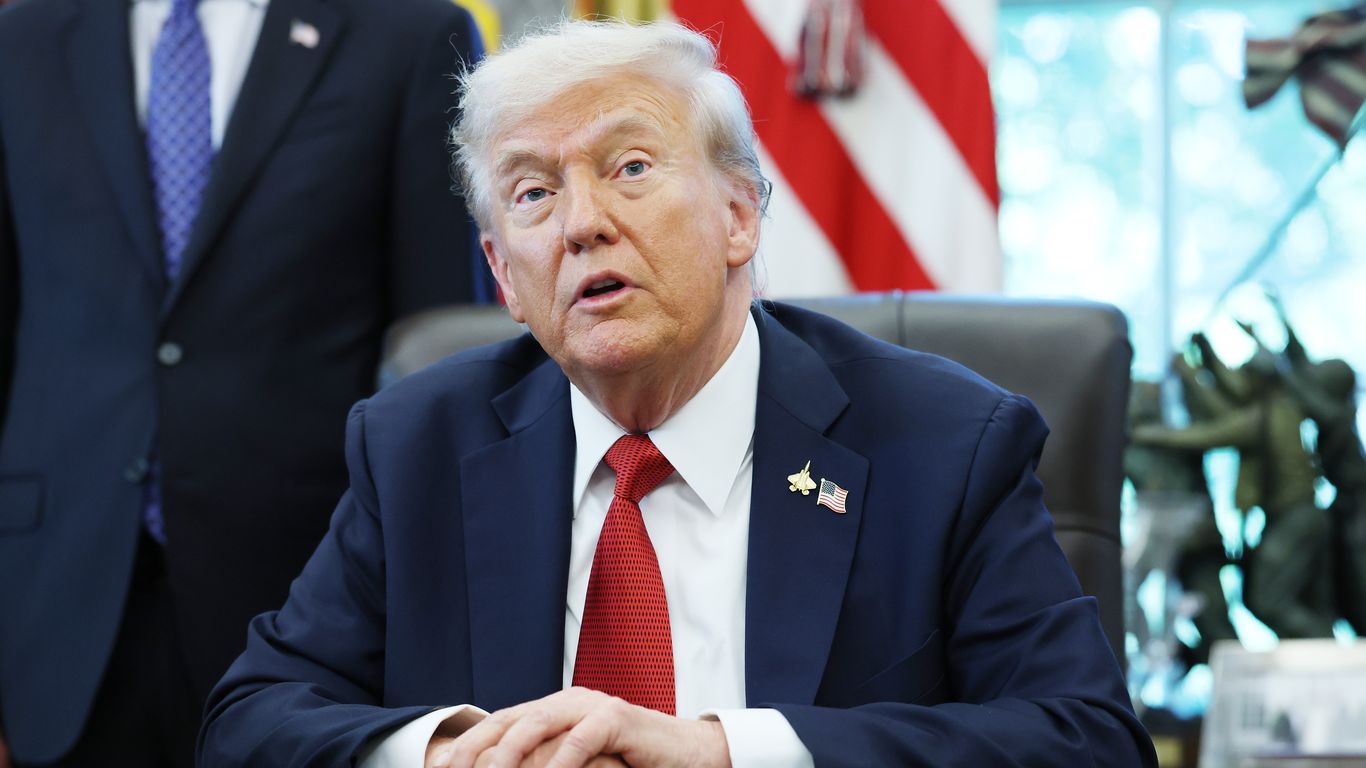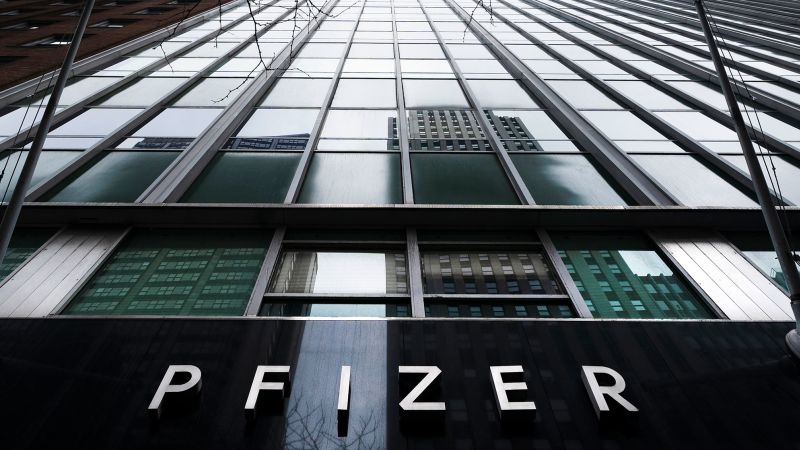Trump Secures Historic MFN Drug-Price Deal with AstraZeneca

Trump Announces Historic Drug-Price Deal with AstraZeneca
President Trump recently announced a landmark agreement with pharmaceutical giant AstraZeneca to reduce U.S. drug prices. This deal follows a similar pact with Pfizer and aims to align Medicaid drug costs with prices paid by other developed nations, part of Trump’s broader push to make medications more affordable for Americans.
Details of the Agreement
AstraZeneca committed to offering its drugs at most-favored-nation (MFN) prices, matching discounts available in wealthy countries. In return, the company secured a three-year exemption from national security tariffs and pledged a $50 billion investment in U.S. manufacturing and research, including a new facility in Virginia. This deal seeks to balance cost savings with domestic pharmaceutical production growth.
Implications for U.S. Healthcare
The agreement marks significant progress in lowering drug prices while maintaining industry stability. Experts hail it as a historic step, emphasizing that tying U.S. prices to global benchmarks could transform affordability without bankrupting companies. This initiative may set a precedent for future negotiations in healthcare reform.
About the Organizations Mentioned
AstraZeneca
AstraZeneca plc is a leading British-Swedish multinational pharmaceutical and biotechnology company headquartered at the Cambridge Biomedical Campus in the UK. It specializes in developing and delivering innovative medicines across several critical therapeutic areas, including oncology, cardiovascular, gastrointestinal, infection, neuroscience, respiratory, and inflammation[1]. The company was formed in 1999 through the merger of two established entities: the Swedish Astra AB and the British Zeneca Group. Astra AB itself was founded in 1913 by doctors and apothecaries in Södertälje, Sweden, growing to become the country's largest pharmaceutical firm during the 20th century. Zeneca originated in 1993 when the pharmaceutical operations of Imperial Chemical Industries (ICI) in the UK were spun off. The merger combined Astra’s and Zeneca’s strengths, with headquarters established in the UK[1]. AstraZeneca has a robust global presence and a broad product portfolio that spans primary care, specialty care, and rare diseases. Its research and development efforts are concentrated in three major centers located in Cambridge (UK), Gothenburg (Sweden), and Gaithersburg (Maryland, US). The company has expanded through key acquisitions, including Cambridge Antibody Technology (2006), MedImmune (2007), Spirogen (2013), and Definiens (2014), which have enriched its biotechnological capabilities and product pipeline[1]. AstraZeneca is publicly traded with its primary listing on the London Stock Exchange and secondary listings on Nasdaq Stockholm and the American Nasdaq, where it is part of the Nasdaq-100 index. It ranks among the world’s largest pharmaceutical companies by market capitalization, reflecting its significant impact on global healthcare and ongoing innovation in drug development[1]. Notably, AstraZeneca has played a pivotal role in advancing treatments for cancer, cardiovascular diseases, and respiratory conditions, making it a prominent player at the intersection of business, biotechnolog
Pfizer
Pfizer is a renowned American multinational pharmaceutical and biotechnology corporation headquartered in Manhattan, New York City. Founded in 1849 by Charles Pfizer and Charles F. Erhart, Pfizer is one of the oldest pharmaceutical companies in North America, with a rich history spanning over 170 years[2]. The company's mission is to apply science and global resources to improve health and well-being by developing and manufacturing medications and vaccines for various therapeutic areas, including immunology, oncology, cardiology, and neurology[3]. Pfizer's portfolio includes some of the world's best-selling medications and vaccines, such as Eliquis, Prevnar, Paxlovid, and the Pfizer-BioNTech COVID-19 vaccine, Comirnaty[2]. These products have contributed significantly to the company's revenue, with Eliquis and Prevnar being among its top-selling products[2]. Pfizer is ranked as the fifth-largest biomedical company by revenue and is recognized on the *Fortune* 500 and *Forbes* Global 2000 lists[2]. Currently, Pfizer operates with a global presence, selling its products in nearly 200 countries and territories, and employing about 81,000 people worldwide[1]. The company has a strong pipeline of over 100 projects, focusing on innovative medicines and vaccines that address pressing health challenges like Alzheimer's disease and cancer[1][3]. In 2025, Pfizer aims to enhance shareholder value by focusing on R&D investments, cost efficiencies, and strategic growth initiatives[5]. Pfizer's commitment to innovation and public health is evident in its efforts to expand access to affordable healthcare globally. The company collaborates with healthcare providers, governments, and local communities to support wellness and prevention programs[3]. With a projected revenue range of $61 to $64 billion for 2025, Pfizer continues to be a leader in the biopharmaceutical industry, driven by its strategic roadmap and talented workforce[4][5].















